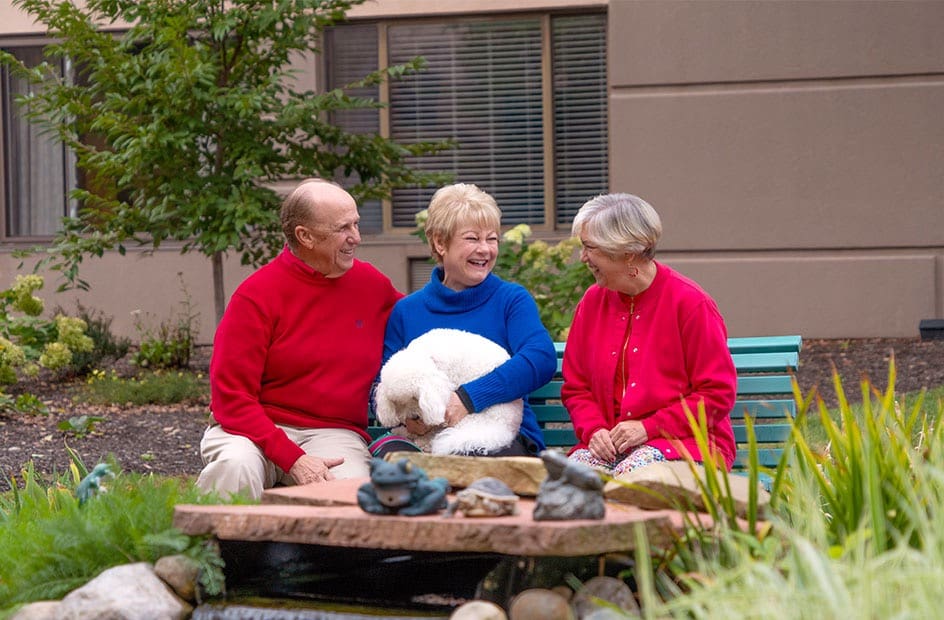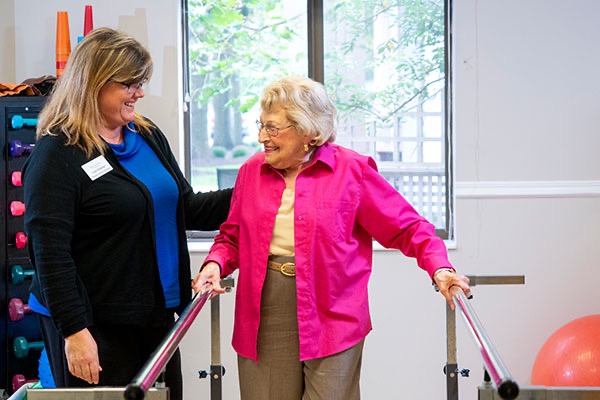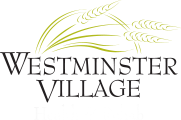
Senior living covers a wide range of services and can mean different things to different people. It’s a diverse and dynamic industry with its own unique language, which can sometimes make communication tricky for those who are new or still getting used to the environment. To help give clarity, we created this guide to common senior living terminology to help you communicate effectively as you navigate senior care.
General Terminology
ADLs (Activities of Daily Living)
In most care settings, you’ll often hear the term ADLs, which stands for Activities of Daily Living. These refer to the daily tasks residents may need help with, such as:
- Bathing
- Dressing
- Toileting
- Transferring
- Eating
- And additional support
Understanding ADLs is extremely important when it comes to navigating care and can even affect knowing what benefits you or a loved one can qualify for in your care setting.
IADLS (Instrumental Activities of Daily Living)
In addition to ADLs, you’ll also come across IADLs, which stands for Instrumental Activities of Daily Living. These are tasks that go beyond the basic necessities of daily life and might include:
- Shopping
- Money Management
- Transportation
- Meal Preparation
- Cleaning
IADLs are certainly beneficial to a resident. However, these activities are not deemed essential to living; therefore, the distinction is made.
Caregiver
The term caregiver is much broader than many people realize. A caregiver is anyone providing care to a resident, whether in a community setting or at home. This role isn’t limited to those with specific certifications—caregivers can be family members, third-party contractors, licensed professionals, or anyone offering a helping hand.

POA (Power of Attorney)
Depending on a resident’s needs, a caregiver may be granted Power of Attorney (POA) for the person they are caring for. This gives the caregiver the authority to act as the resident’s agent, making decisions on their behalf that would normally require the resident’s consent.
Care Plan
A care plan is a detailed, personalized document that outlines an individual’s healthcare needs, the services required to meet those needs, and the goals for maintaining or improving the person’s health and well-being. Care plans are often used in long-term care and senior living settings to ensure coordinated, comprehensive care for residents.
Learn how senior living can fit into your budget.
Community Terminology
Respite Care
Respite care is temporary care provided for individuals who need assistance with daily living, whether due to age, illness, or disability. It’s designed to give family caregivers a much-needed break—whether to rest, take a vacation, or handle personal matters—while ensuring their loved ones receive the care and support they need.
Active Adult
Active adult refers to communities, villas, or living arrangements created for adults aged 55 and older who are independent and in good health. These communities offer a low-maintenance lifestyle, plenty of social opportunities, and recreational activities. They’re perfect for those who don’t need help with daily activities or medical care but want to enjoy an active, socially vibrant, and fulfilling retirement.
Independent Living
Independent living is similar to active adult communities, offering housing and community arrangements for older adults who can manage their daily lives independently without requiring assistance or healthcare services. However, independent living communities often provide support with Instrumental Activities of Daily Living (IADLs) to make life easier for their residents.
Assisted Living
Assisted living provides a level of senior care for residents who need help with Activities of Daily Living (ADLs) but don’t require the intensive medical care offered in a nursing home. It serves as a middle ground between independent living and more comprehensive care, offering a supportive environment where residents can maintain their independence while receiving assistance with essential daily tasks.
Memory Care
Memory care is a specialized form of long-term care designed to meet the needs of individuals with memory-related conditions, such as Alzheimer’s disease and other forms of dementia. It is often an additional wing or secured area within assisted living communities, though there are also communities dedicated solely to caring for residents experiencing cognitive decline.
Skilled Nursing
Skilled nursing refers to a high level of medical care provided by licensed health professionals. These facilities are typically funded through Medicare or Medicaid, rather than private pay. Known commonly as nursing homes, skilled nursing facilities (SNFs) offer both short-term and long-term care for individuals who need medical services, rehabilitation, or assistance with daily activities.
CNA
A Certified Nursing Assistant (CNA) is a healthcare professional who provides basic care and assistance to patients and residents in various long-term care settings. CNAs are essential in the elder care industry, ensuring that residents receive the support they need for daily activities while helping maintain their comfort and dignity.

RN
Registered Nurses (RNs) play a vital role in providing comprehensive care and support to older adults. They are highly trained professionals responsible for assessing residents’ health, coordinating care, and ensuring that residents receive the medical attention and assistance they need in a senior living community.
Executive Director
An Executive Director (ED) at a senior living community is responsible for the overall management and operation of the community. This leadership role involves overseeing all aspects of the community, including resident care, staff management, financial performance, and regulatory compliance. The Executive Director plays a key role in shaping the culture and environment of the community, ensuring it meets the needs of residents and their families.
Read more resources from Westminster Village
Understanding the terminology used in senior living can make a significant difference in how you navigate the world of senior living. At Westminster Village in Terre Haute, Indiana, we are committed to offering a range of services and care options that cater to each individual’s unique needs. To learn more about our community, contact us today for more information.

